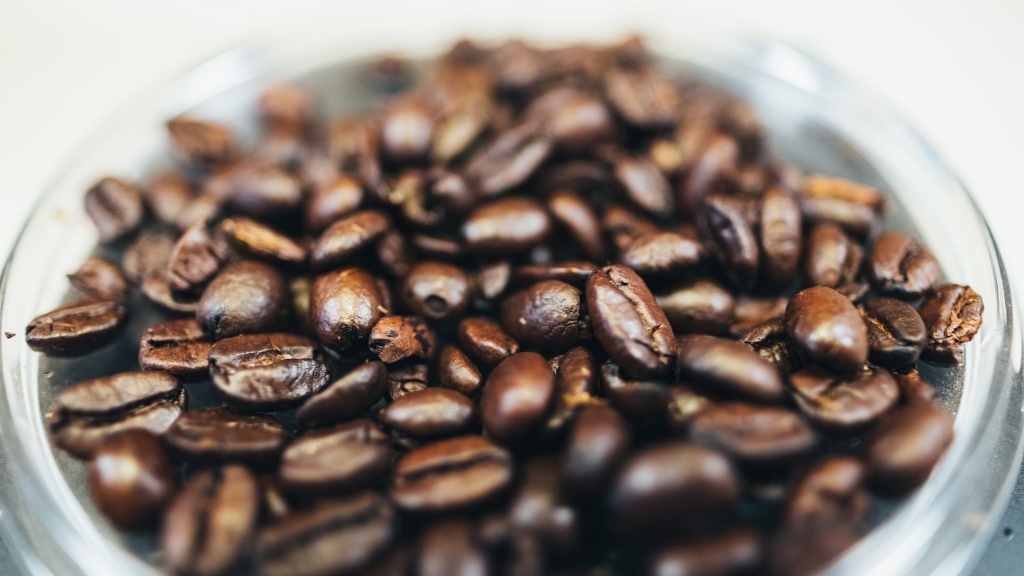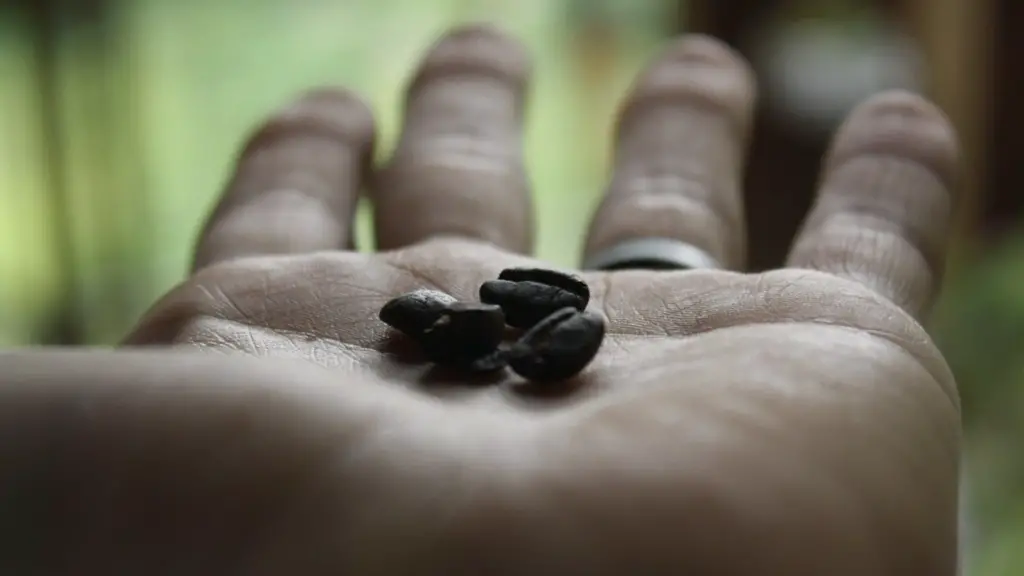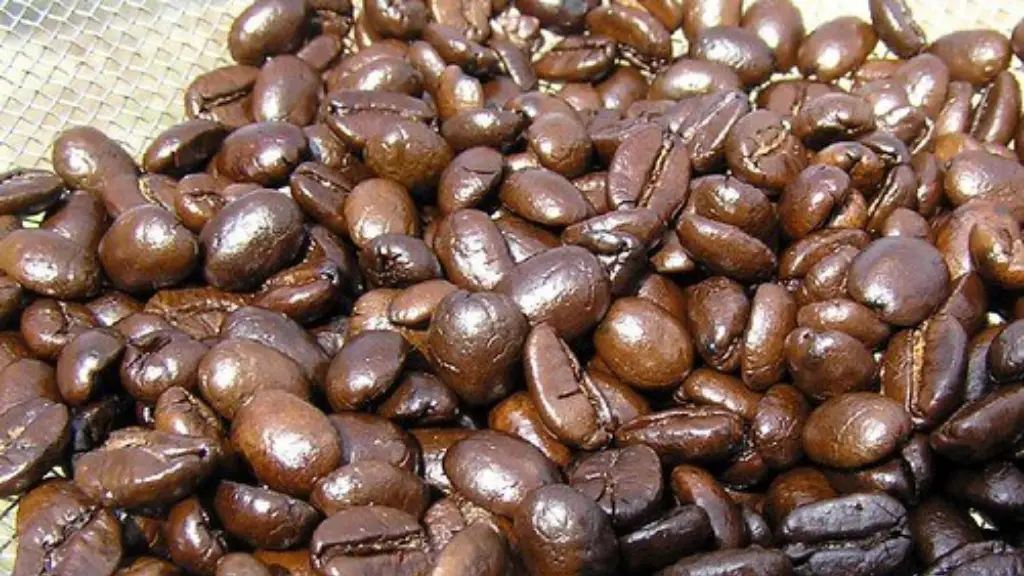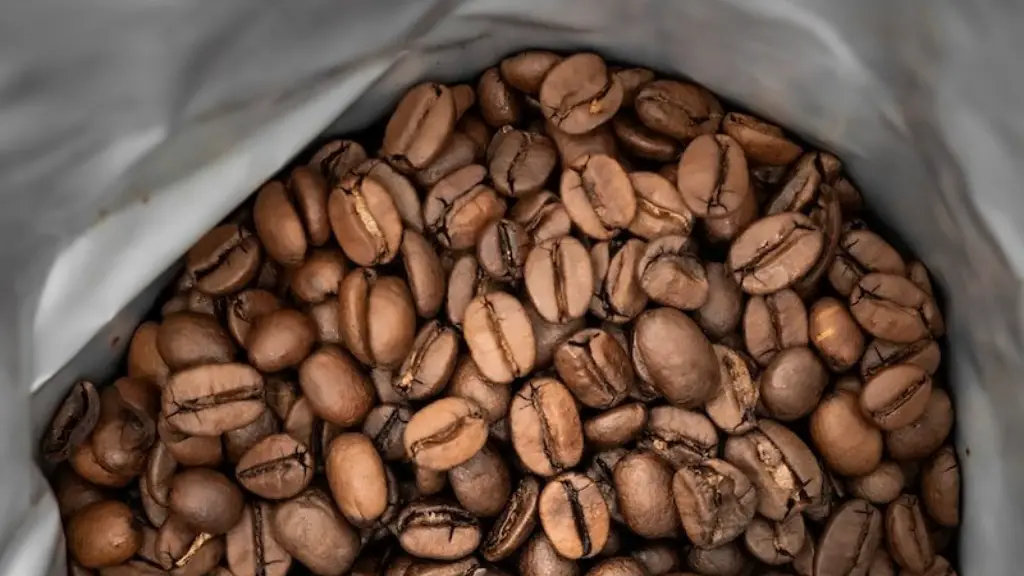Coffee is said to be the fuel of the 21st century – and for many breastfeeding mothers, it’s the only thing that can help them get through the day. But how much coffee can a breastfeeding mother safely consume?
Although some studies have shown that moderate amounts of coffee are safe for nursing mothers, it’s still important to be aware of any possible risks. A common concern among healthcare professionals is that caffeine can be transferred via breastmilk to the baby, leading to irritability, restlessness, and a decreased ability to sleep. Therefore, it’s important to limit the amount of caffeine consumed while breastfeeding.
According to the World Health Organisation, an average adult can safely consume up to 400 milligrams of caffeine per day – but this should not apply to breastfeeding mothers. Women who are breastfeeding should take extra precautions and consume no more than 300 milligrams of caffeine daily. To put this into perspective, one cup of coffee contains around 100 milligrams of caffeine.
In addition to being mindful of daily caffeine consumption, it’s also important to consider the timing of caffeine consumption when breastfeeding. Caffeine typically takes about two to three hours to fully leave your system, so it’s recommended to wait at least two hours after consumption before breastfeeding. This can be difficult for some mothers, especially those on the go, but with a bit of planning and preparation, it can be manageable.
It can also be beneficial to mix coffee and other drinks. For instance, replacing regular coffee with decaf can help reduce overall caffeine intake. Decaf coffee still contains small amounts of caffeine, so it’s important to make sure decaf coffee contains less than 0.2% caffeine – anything higher than that can still have an impact on your baby.
Drinking coffees that are enriched with nutritional elements, such as omega-3s, can also be beneficial. Certain coffees contain more nutrients than regular brewed coffee and can help support a healthy breastfeeding journey.
Having the right set-up can also make drinking coffee while breastfeeding significantly easier. A simple espresso machine, together with some convenient accessories, like a specialty milk frother or a temperature-controlled thermos, can help make preparing and enjoying your coffee easier and less stressful.
Coffee Alternatives
If you find yourself needing a dose of caffeine, but don’t want to take the risk of consuming it with breastmilk, there are some alternatives. Some of these alternatives include green tea and yerba mate – although both of these contain caffeine, the amount is significantly lower than coffee.
Chicory root extract is another great alternative. It doesn’t contain any caffeine and has a similar taste to coffee. The same goes for dandelion root extract, which is a popular coffee substitute and has a slightly nutty flavour.
If you’re looking for something to replace your morning latte, a good option is almond or oat milk. Not only are these plant-based alternatives a dairy-free alternative to traditional cow’s milk, they also have a mild nutty flavour that can help satisfy your cravings.
Coconut milk could be another great alternative. It’s dairy-free and contains no caffeine, but still has a creamy sweetness to it that could satisfy your coffee craving.
Caffeine-free Drinks
For those mothers who aren’t big fans of coffee or want to reduce their caffeine intake, there are many delicious caffeine-free drinks to choose from. Herbal teas are one of the most popular alternatives. Not only are there delicious flavours to choose from, but many herbal teas also come with their own set of health benefits.
Soda water is also another great option. Not only can it help you stay hydrated and keep your energy up, but it’s also a great way to incorporate more fluids into your diet without the added calories of juice or other sweet drinks.
Fruit-infused water is another great option. Simply add fresh fruit, like oranges or lemons, to cold water and let sit for a few minutes to create a delicious and healthy drink that won’t compromise your breastfeeding journey.
Finally, smoothies are an excellent way to keep your energy levels up and get some healthy nutrients in your system. Not only are they packed with vitamins and minerals, but they can also be tailored to fit your individual needs.
Tips to Reduce Caffeine Consumption
If you do decide to consume coffee while breastfeeding, there are some ways to reduce your overall caffeine intake. Limiting yourself to one cup of coffee a day is a good place to start. Otherwise, try to make small adjustments, such as using half caf coffee, in order to reduce your caffeine intake.
It’s also important to be aware of other sources of caffeine, such as soft drinks, energy drinks, and even chocolate bars. Limiting your consumption of these can help reduce your overall caffeine intake and significantly decrease the amount of caffeine transferred to your baby through breastmilk.
Finally, it’s important to remember that everyone is different and not all mothers may be able to tolerate the same amount of caffeine. If you feel that your baby is not responding well to caffeine, it’s important to stop consuming it or cut back significantly.
Final Thoughts
Drinking coffee while breastfeeding can be intimidating to some, but with the right precautions, it’s possible to enjoy a cup of joe without sacrificing the health of either the mother or baby. It’s important to be mindful of both the amount and timing of caffeine consumption, and to remember that all women and all babies respond differently, so it’s important to take extra precautions.
Finally, it’s important to remember that there are plenty of alternatives to coffee that can help provide the energy boost you need – and they don’t even have to contain caffeine. From herbal teas and soda water to smoothies and fruit-infused water, there are plenty of delicious and nutritious options that can help see you through your breastfeeding journey.





